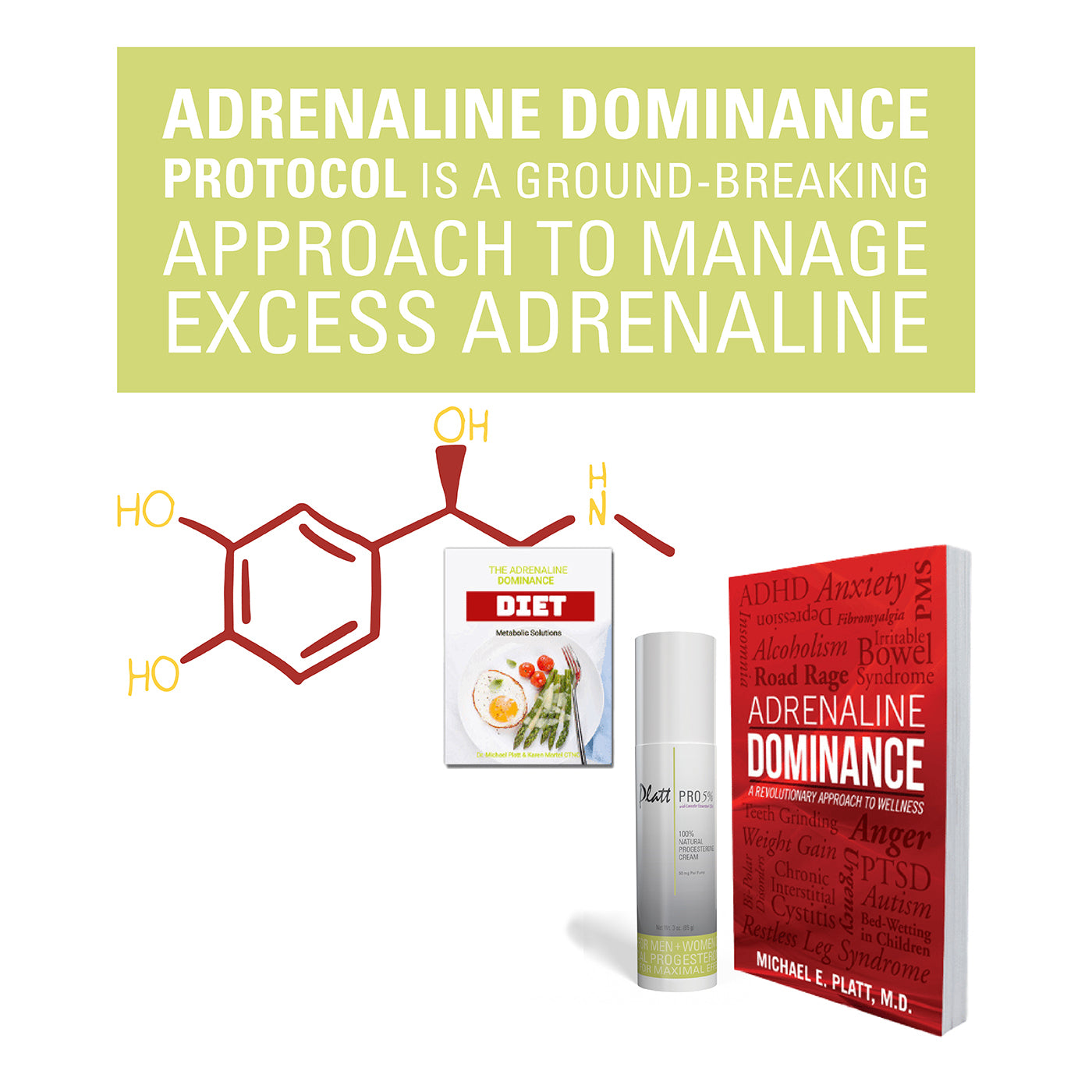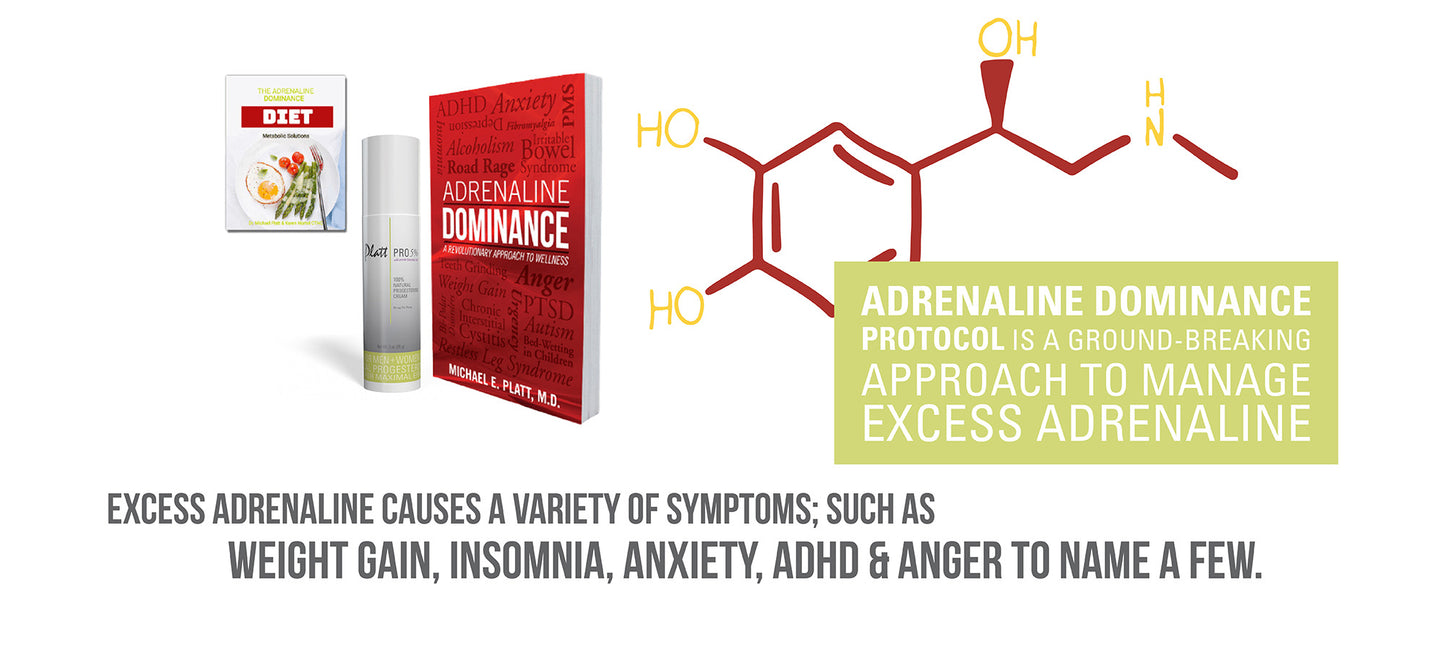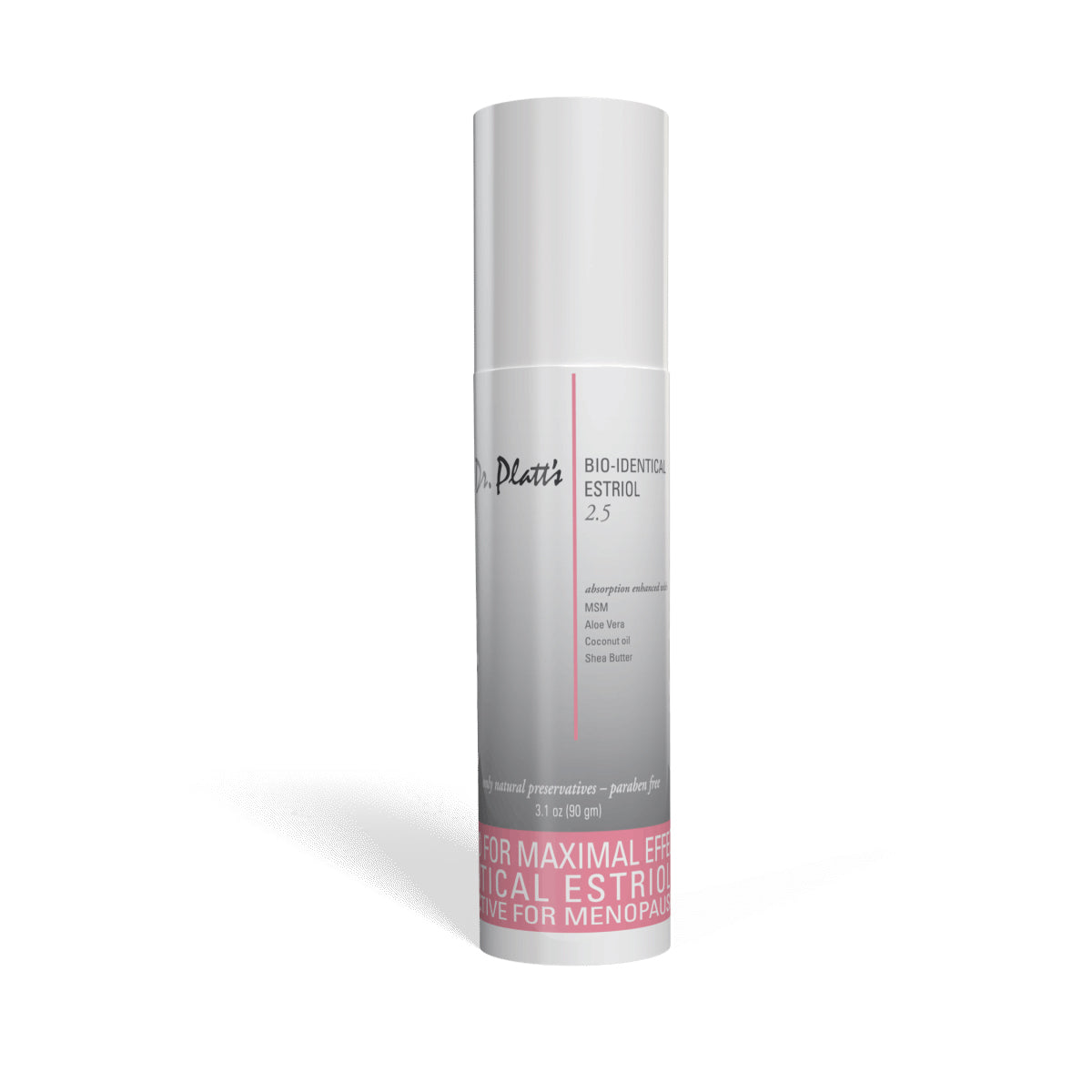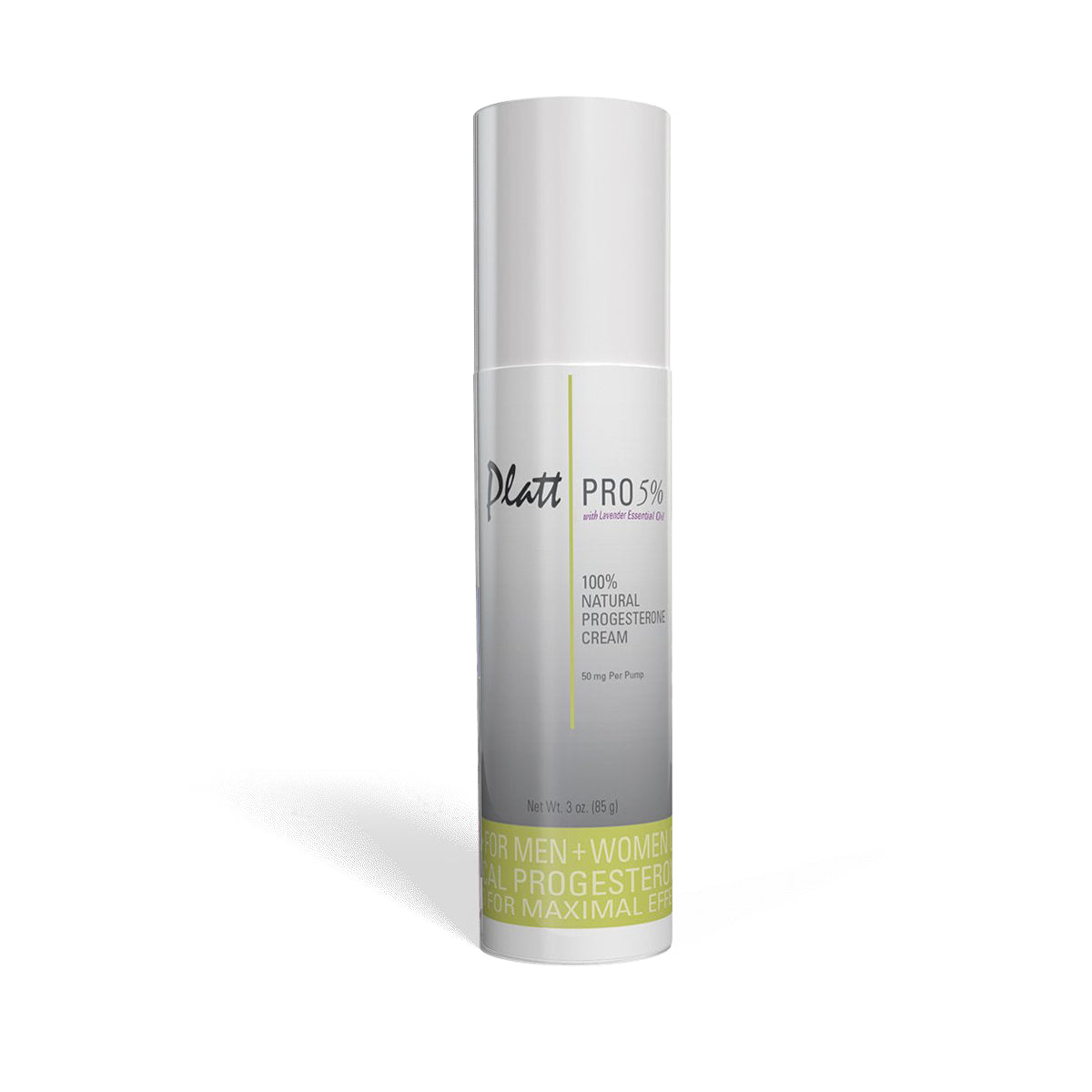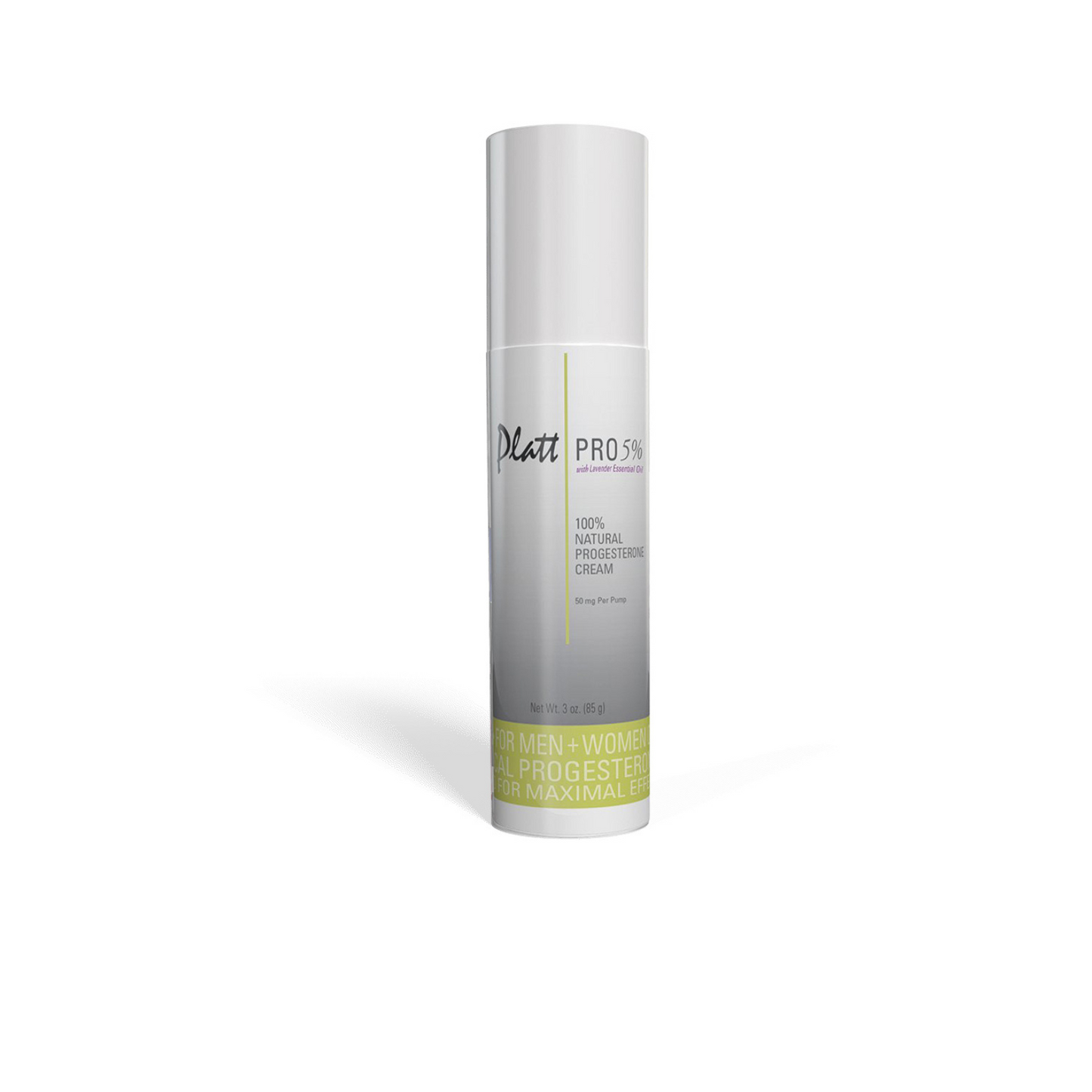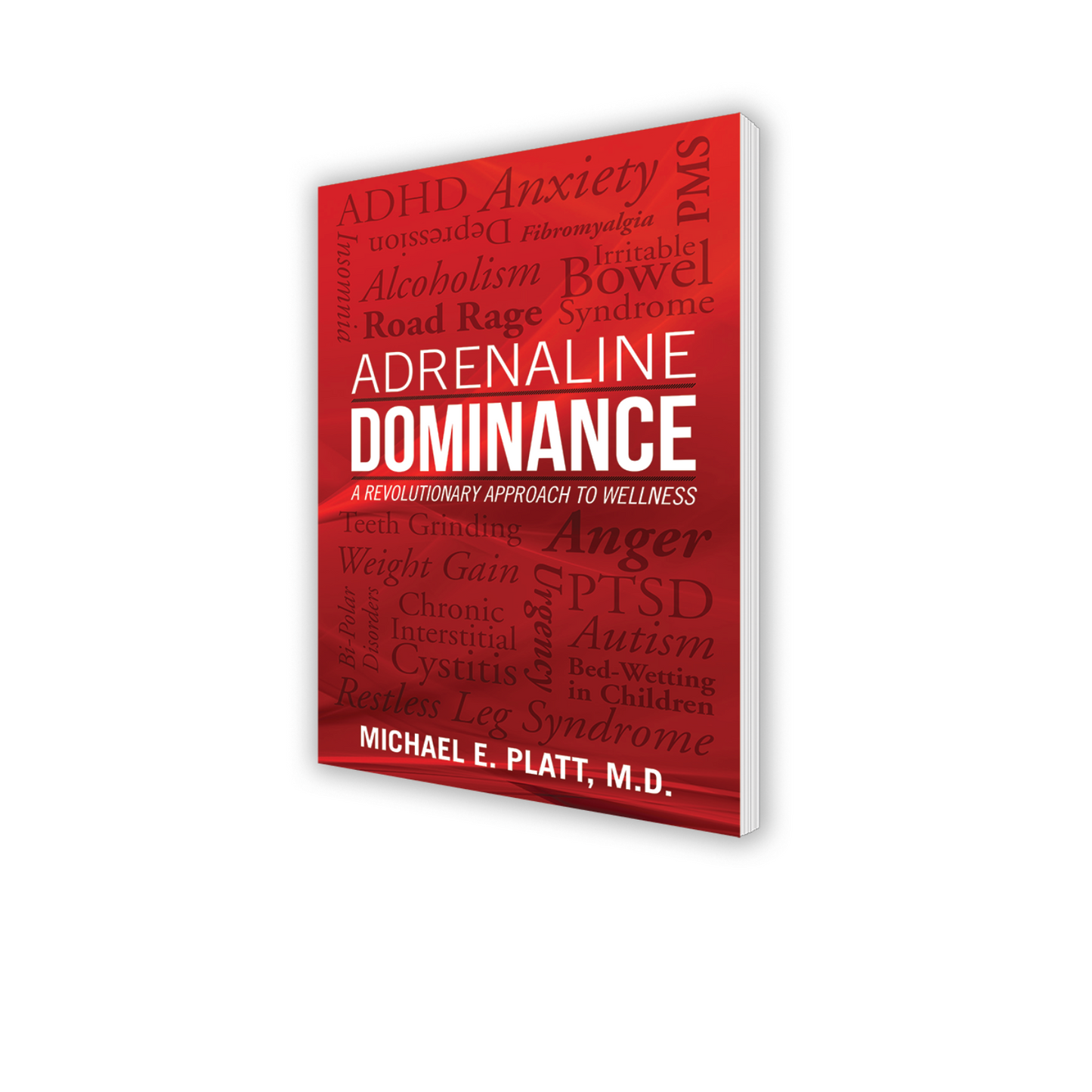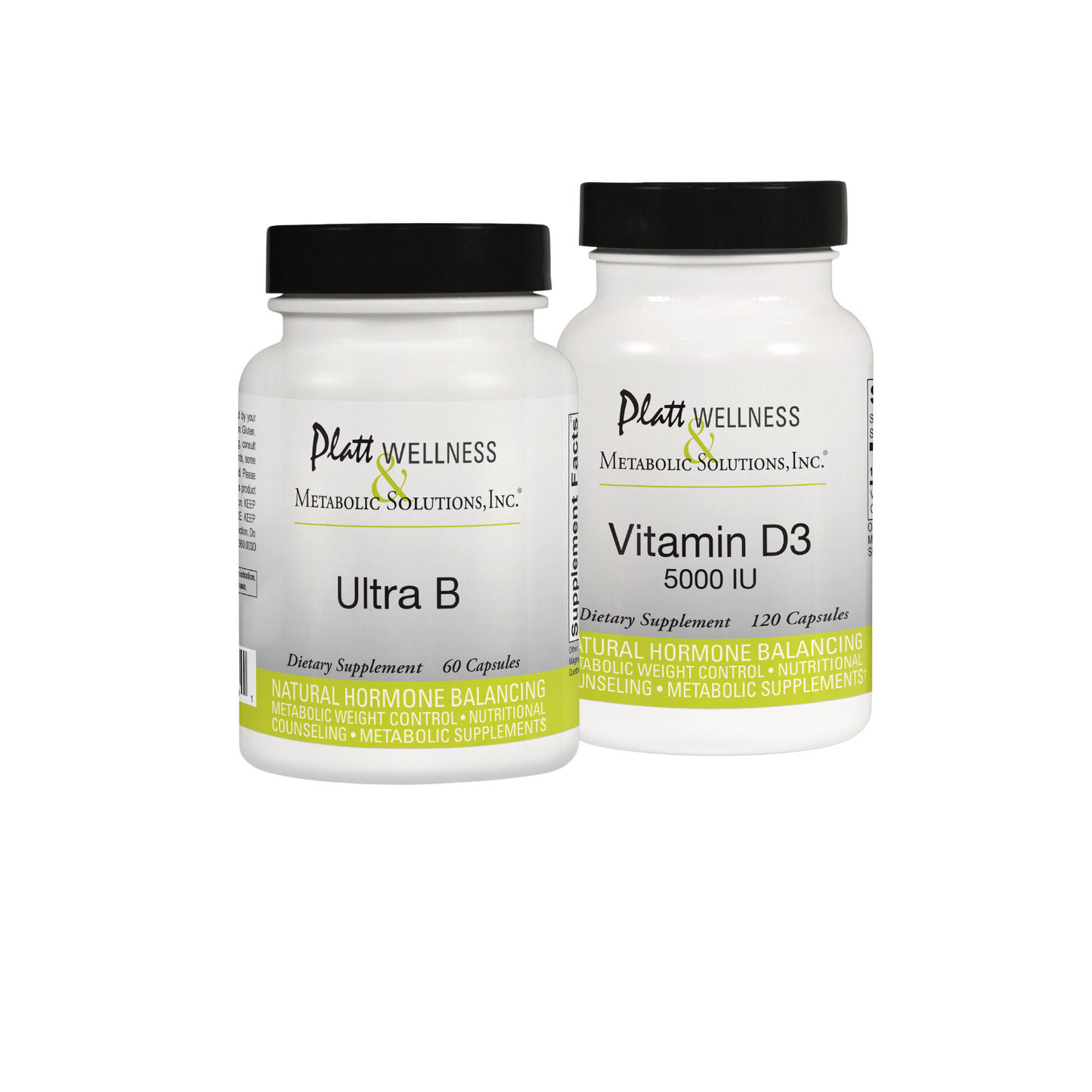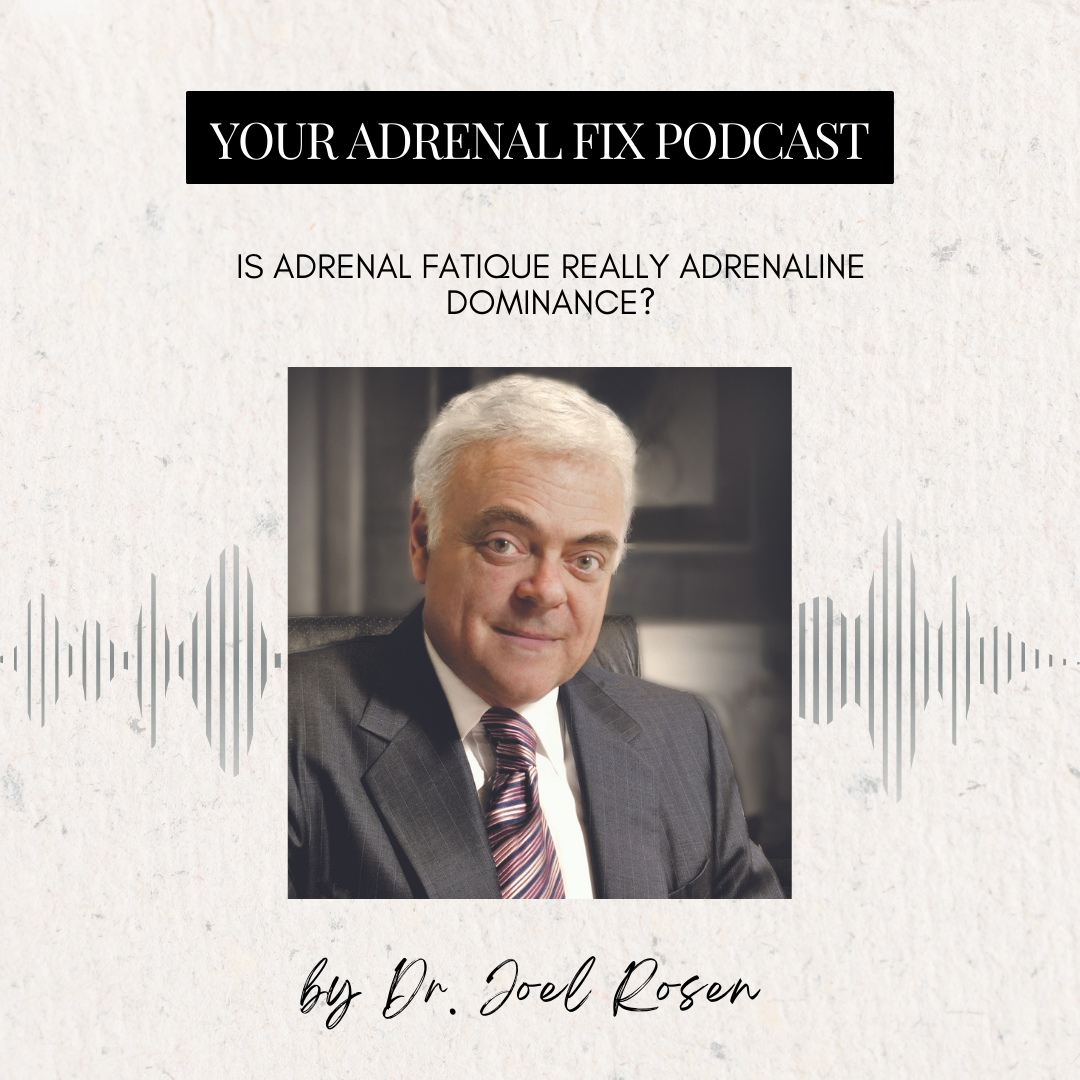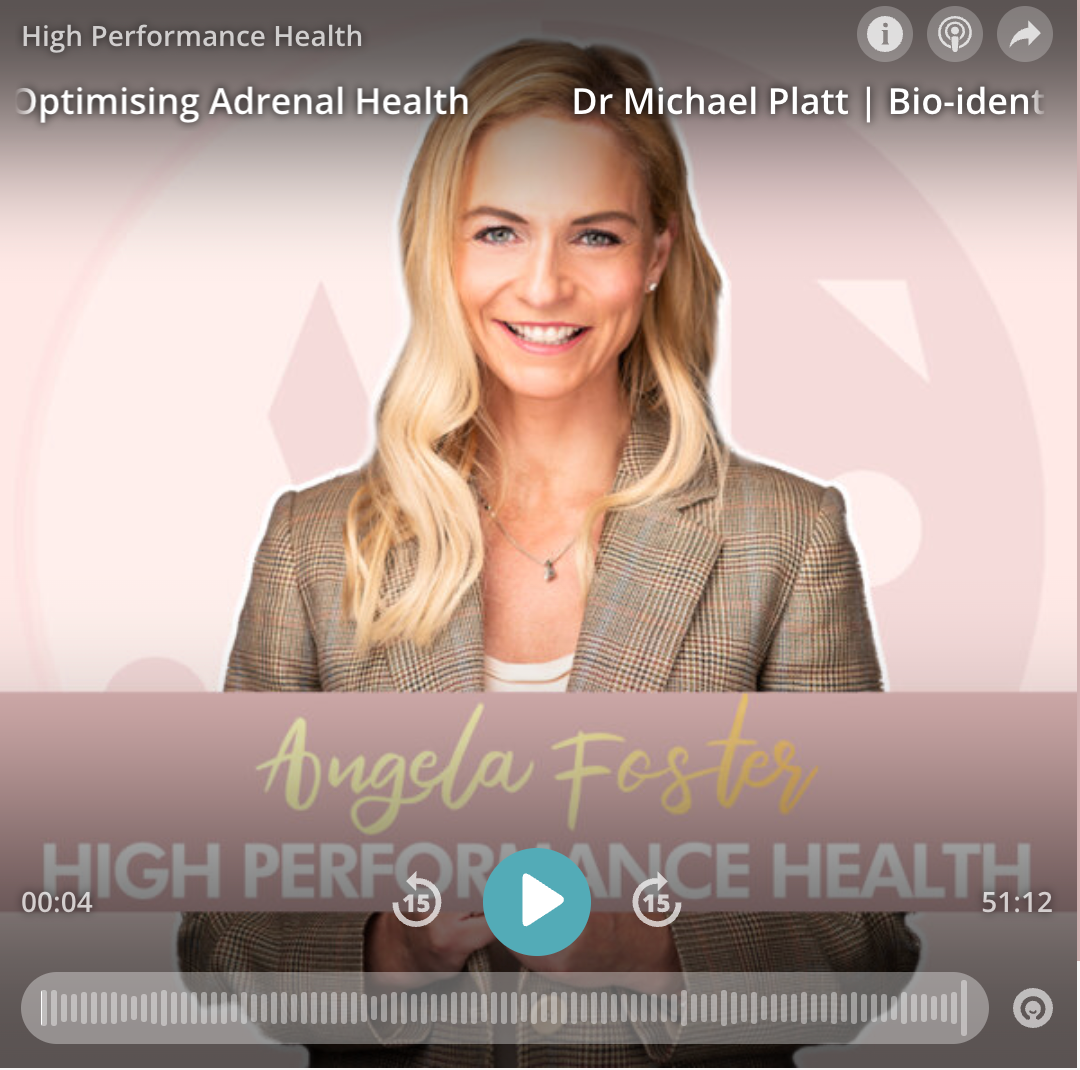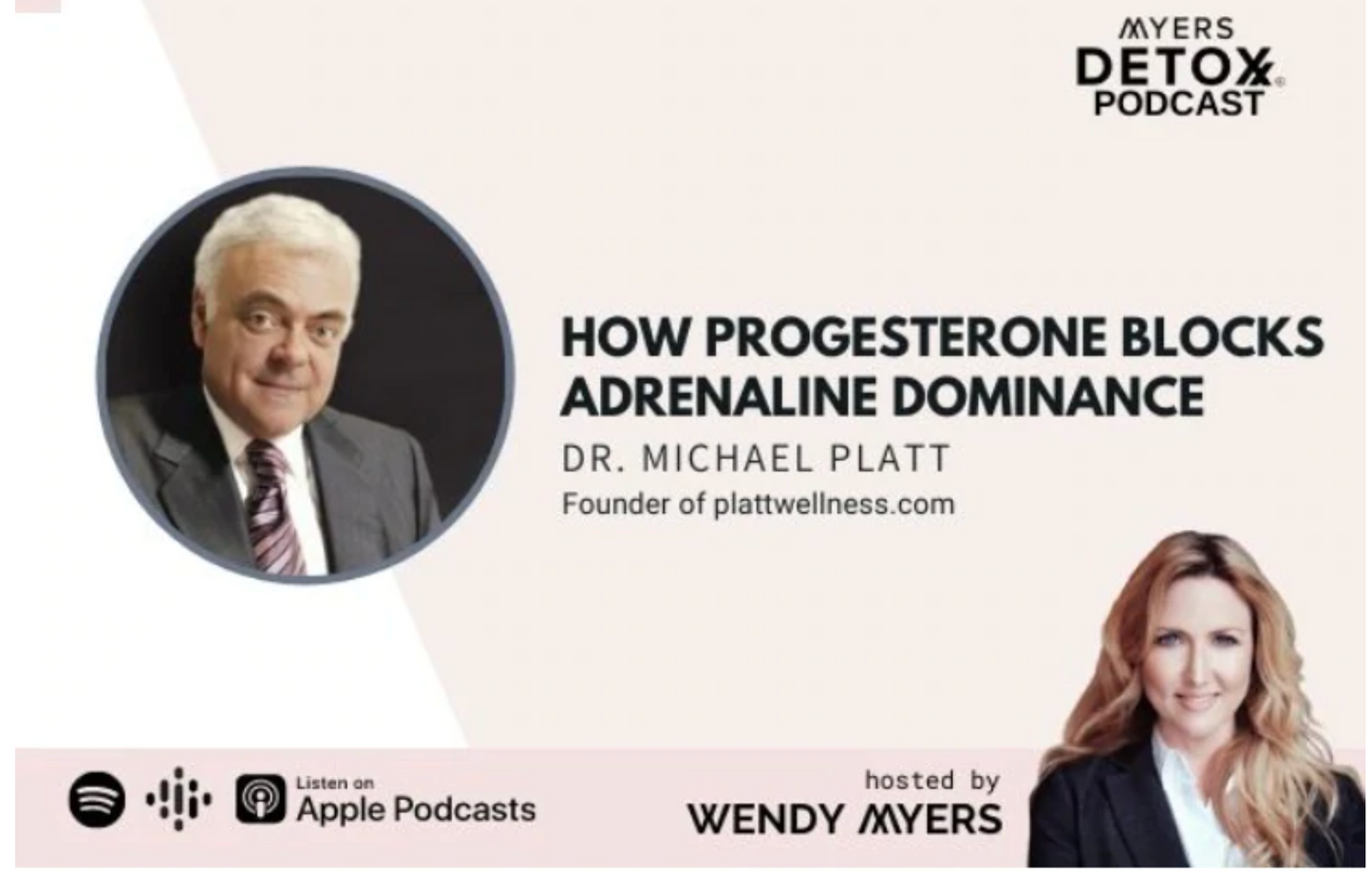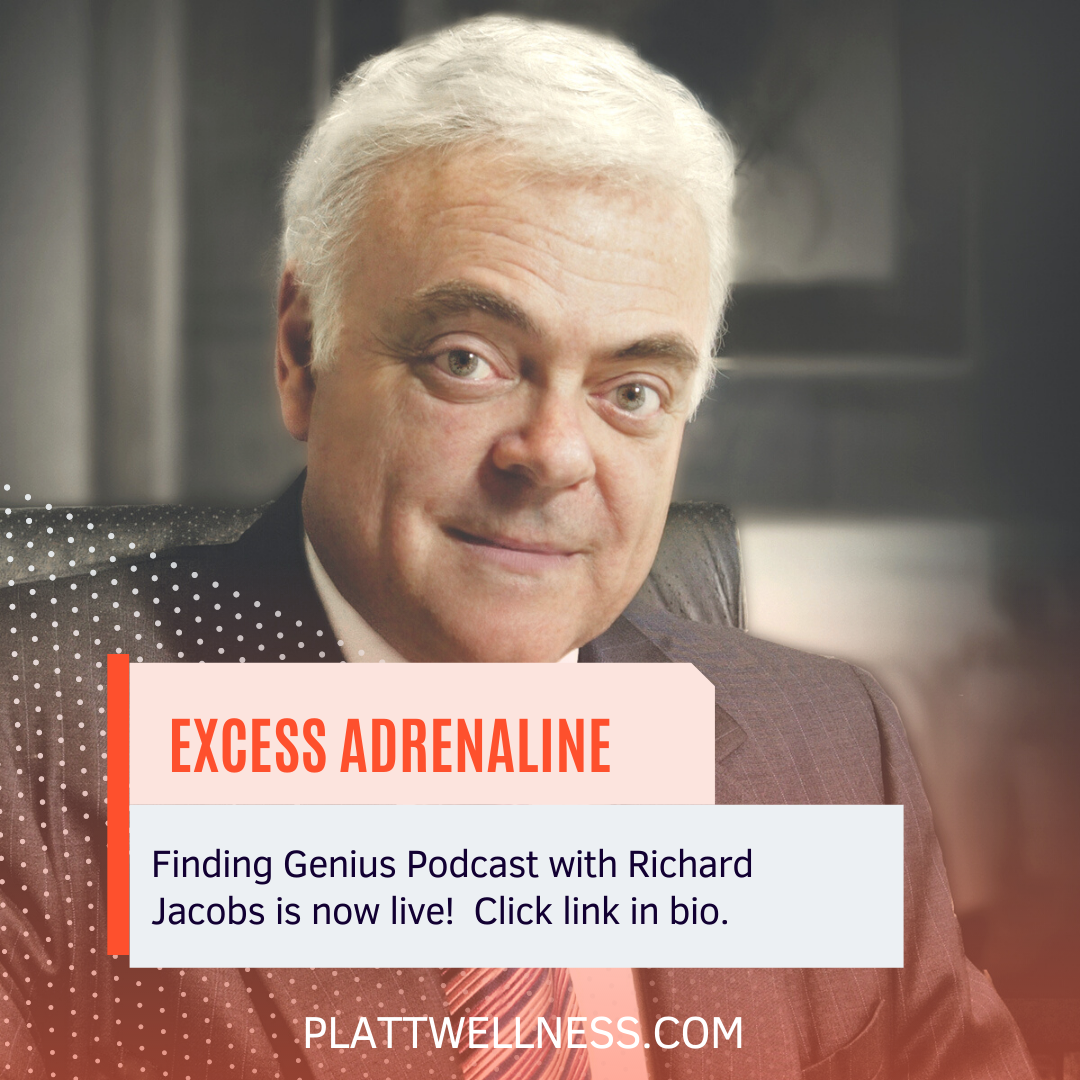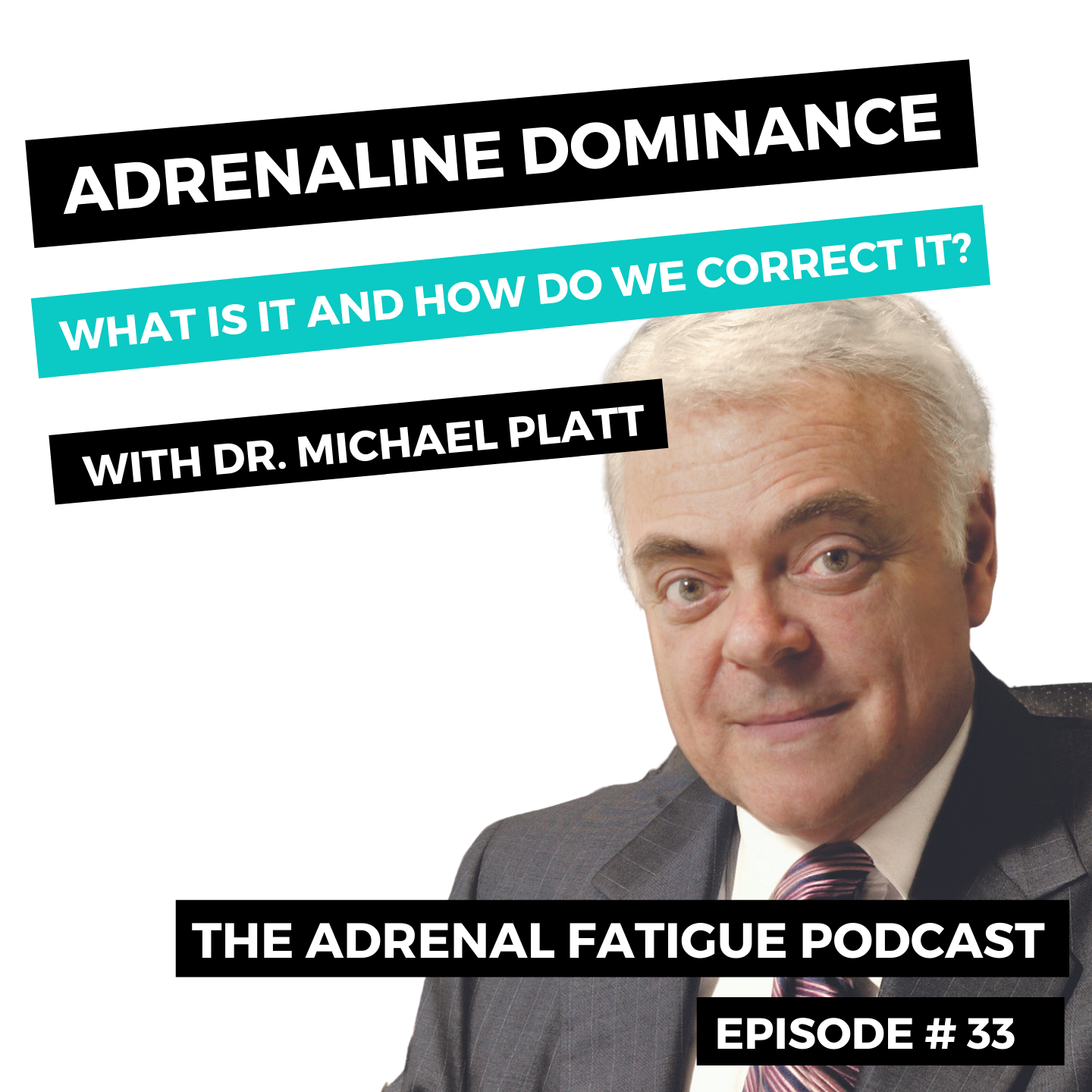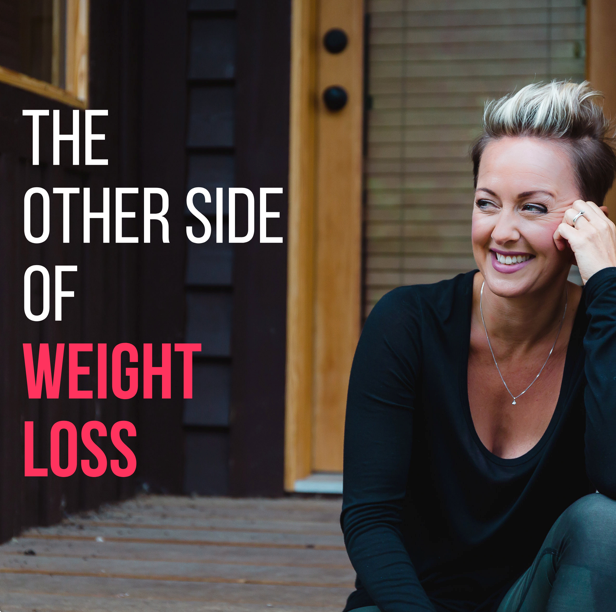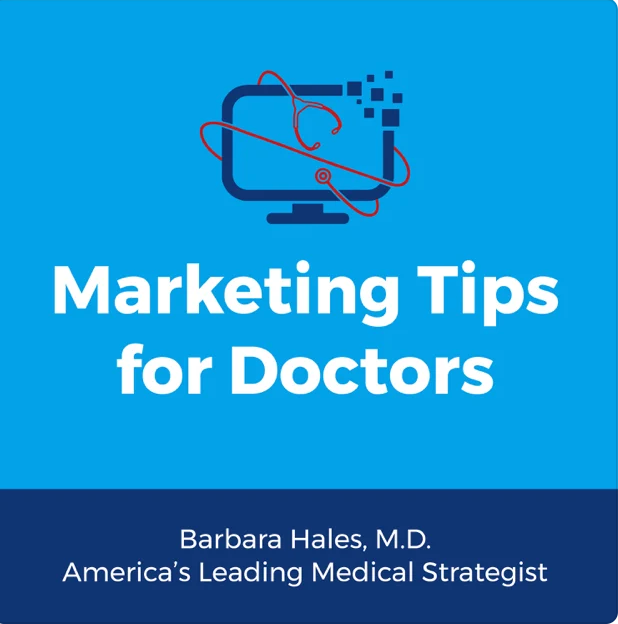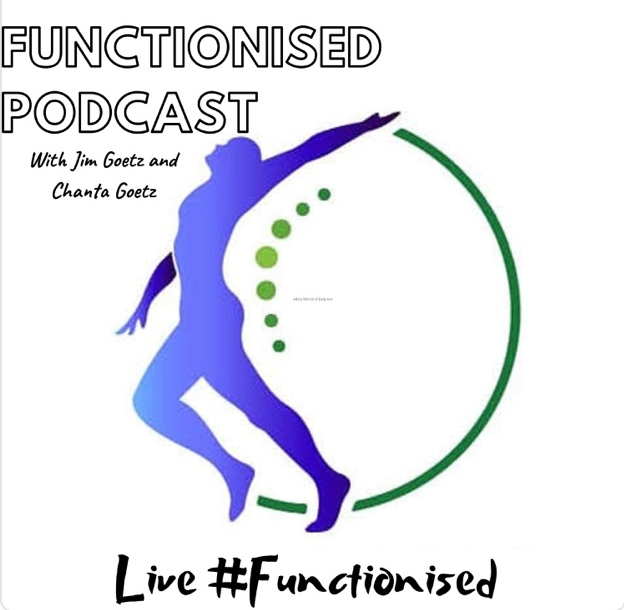This store requires javascript to be enabled for some features to work correctly.
Progesterone - Everything You Need to Know
The Platt PRO 5% Progesterone is specially formulated to block the toxic effects of estrogen, insulin and adrenaline.
The base of the cream is organic wild yam and is paraben free, soy free, MSM free, EDTA free and fragrance free.
Progesterone Testimonial
"Within 8 days time I am off the birth control pill. It has been the only thing holding back the flood gates, so to speak. 😬 At 52 I knew I needed to be off them and that my risk of cancer was growing as I got older and breast cancer runs in my family on my mothers side, but my gyno had no other options that would work. I am so thankful I found another option. Dr. Platt, you are a Godsend." -- Dianna Donahue
What Do You Need Help With?
Questions?
We put together thoughtful questions and answers as it relates to managing hormones and adrenaline. If you have any further questions as it concerns our bio-identical hormone creams, vitamins or supplements.
Join The Platt Community
Join other like-minded friends in our Facebook Community where Dr. Platt answers your questions, daily.

